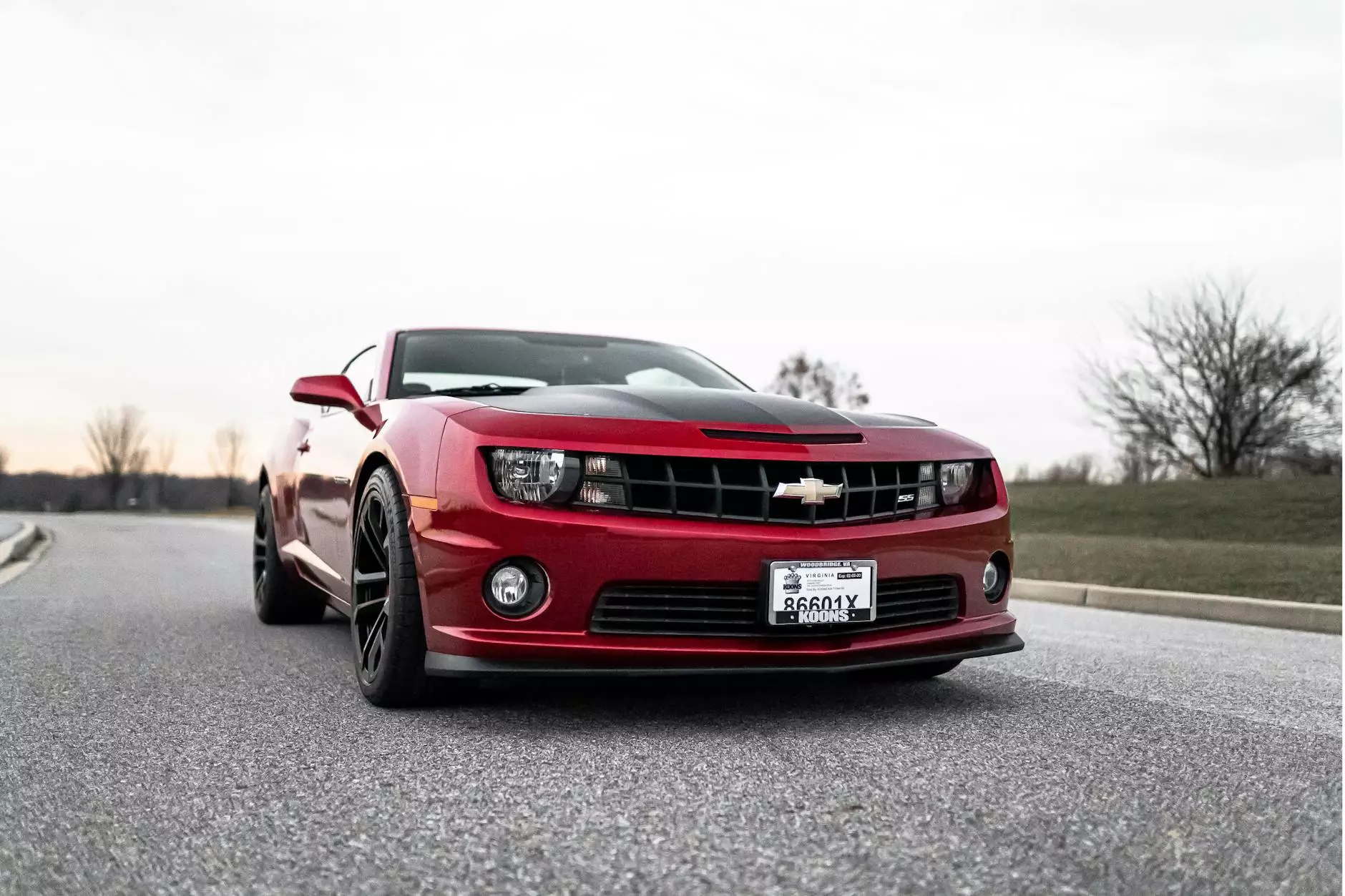Do You Need a Driving License to Buy a Car?

When considering the purchase of a car, many potential buyers often ask, "Do you need a driving license to buy a car?" The straightforward answer is no; you do not need a driving license to buy a car. However, understanding the implications and the complete process involved can help you make an informed decision about your vehicle purchase. In this comprehensive guide, we will delve into the intricacies of car buying, associated regulations, and essential tips for navigating this journey smoothly.
Understanding the Purchase Process
Buying a car can be an exciting yet daunting experience. Here’s a step-by-step breakdown of what you need to know:
1. Setting a Budget
Before diving into the world of car buying, it's crucial to establish a realistic budget. Consider factors such as:
- Purchase price: What you can afford upfront.
- Insurance costs: Monthly premiums vary significantly based on your vehicle choice.
- Maintenance and fuel: Ongoing costs can add up quickly.
- Financing options: Interest rates and terms can affect your total expense.
2. Researching Your Options
Once your budget is set, start researching the types of cars that fit within that budget. Consider factors like:
- New vs. Used: New cars come with warranties but depreciate faster; used cars can be more cost-effective.
- Vehicle type: Consider your needs; compact, SUV, truck, etc.
- Make and model: Research reliability, fuel efficiency, and resale value.
3. Arranging Financing
If you are not purchasing the car outright, exploring financing options is essential:
- Loans from banks or credit unions: Often provide lower rates than dealerships.
- Dealership financing: Convenient but may have higher rates.
- Pre-approval: Strengthens your negotiating position.
4. Visiting Dealerships or Private Sellers
You can purchase a car from various sources including dealerships and private sellers. Each comes with its advantages:
- Dealerships: Offer warranties and certified pre-owned options.
- Private sellers: Can offer lower prices but lack consumer protections.
Other Important Considerations
Do You Need to Show a Driving License?
While it is true that you do not need a driving license to buy a car, there are certain practicalities to consider:
- Test Drives: Most dealerships will require a valid driver’s license to allow a test drive.
- Insurance Requirements: If you intend to register the car, you will need proper insurance, which generally requires a valid driver’s license.
- Registration Process: Most jurisdictions will require a license for vehicle registration.
Insurance Coverage
Obtaining insurance is a vital step in the car-buying process. Here’s what you need to keep in mind:
- Types of Coverage: Understand the differences between liability, collision, and comprehensive insurance.
- Shop Around: Get quotes from multiple providers to find the best rates.
- Consider Discounts: Many insurance companies offer discounts for safe driving, bundling policies, or being a member of certain organizations.
Registration and Title Transfer
After purchasing your vehicle, you will need to register it and obtain a title. Here’s what typically happens:
- Visit Local DMV: Most car registrations take place at local Department of Motor Vehicles (DMV) offices.
- Documentation: Bring necessary documents such as the Bill of Sale, proof of insurance, and identification.
- Fees: Be prepared to pay registration fees which vary by state.
Tips for Buying a Car
To ensure that your car-buying experience is as seamless as possible, consider the following tips:
1. Be Informed
Knowledge is power. Equip yourself with information about the make and model you're interested in. Use online resources to compare prices and reviews.
2. Take Your Time
Don’t rush into a purchase. Take your time to explore all options and ensure you’re making a decision that suits your needs.
3. Be Prepared to Negotiate
Negotiation can often lead to better deals. Don’t hesitate to speak up about pricing and explore options for discounts or added bonuses.
4. Get a Vehicle History Report
If purchasing a used vehicle, obtaining a vehicle history report can reveal critical details about previous accidents, ownership, and service records.
5. Understand Your Rights
Familiarize yourself with consumer rights related to car purchases; this can empower you to know what to expect if you encounter issues post-purchase.
Final Thoughts
To conclude, while the answer to the question "Do you need a driving license to buy a car?" is no, it is essential to understand the broader picture of car buying. From securing financing to navigating insurance and registration, being informed and prepared can make a significant difference in your experience. Buying a car could be one of the most significant investments you make, so take the time to educate yourself and make choices that benefit your future.
For those seeking further guidance or services related to document verification and other fake documents needs, resources like ukexpressdocuments.com can serve as a valuable asset as you navigate your purchasing journey.
do you need a driving licence to buy a car








